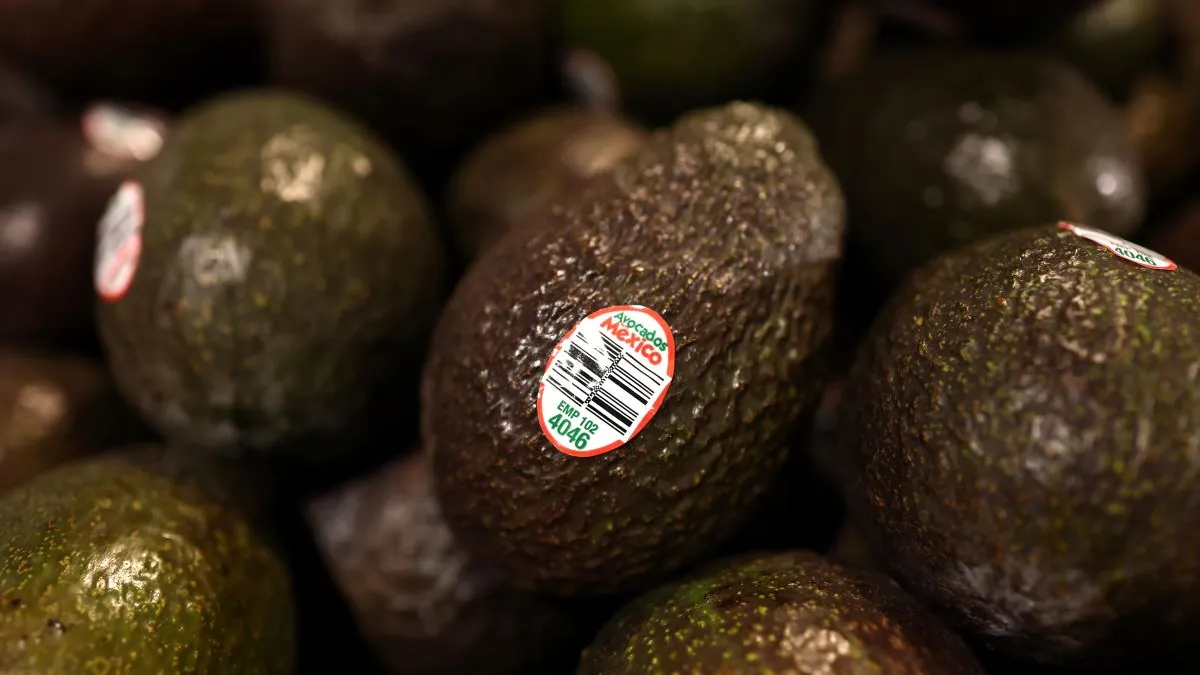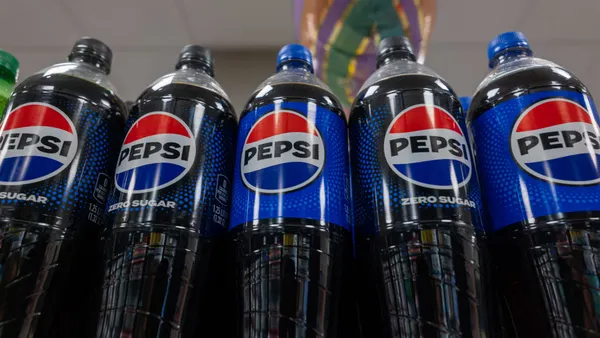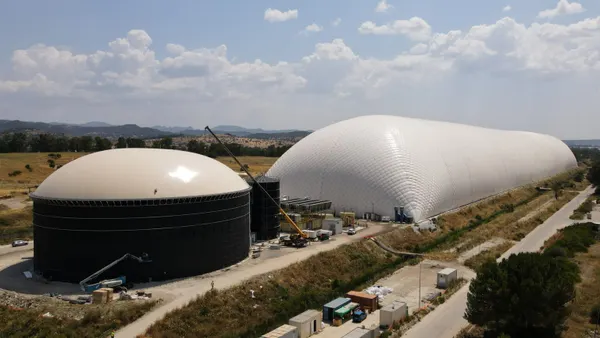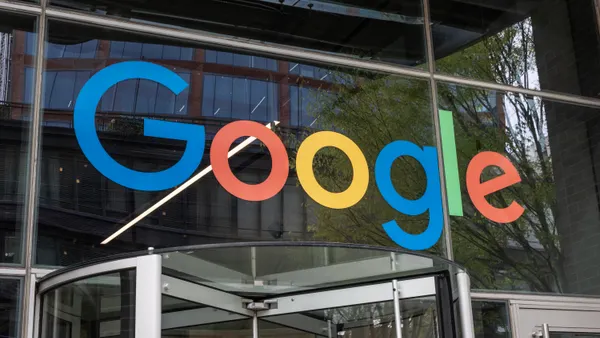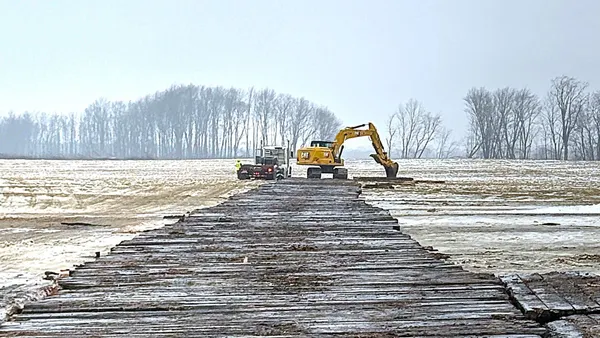Dive Brief:
- As of January 2026, Mexican avocados grown on illegally-deforested land will no longer qualify for export, according to a Wednesday announcement by industry groups the Association of Avocado Exporting Producers and Packers of Mexico (APEAM) and the Mexican Hass Avocado Importers Association (MHAIA).
- APEAM and MHAIA’s plan is part of an initiative by the Mexican government to ensure that all produce exports will be deforestation-free by 2030, according to the announcement. The groups estimate that more than 85% of existing orchards will be able to export avocados immediately under the new rules.
- The avocado industry has faced scrutiny since a 2023 Climate Rights International investigation found illegal deforestation and water sourcing, as well as violent coercion, in Mexico’s avocado-growing regions. The state government of Michoacán, where most avocados are grown, has since set up an avocado certification program with civil society group Guardián Forestal, according to CRI.
Dive Insight:
The United States is Mexico’s top avocado export market and the destination for 80% of the 1.34 million metric tons — worth about $4 billion — predicted to be exported in 2025, according to a 2025 U.S. Department of Agriculture report. Ana Ambrosi, director of the Avocado Institute of Mexico, the industry groups’ corporate communications arm, told ESG Dive that the industry creates $7.5 billion in economic output in the U.S. and $6 billion in Mexico.
APEAM and MHAIA, which represent 90 packers, 35,000 growers and 54,000 orchards, estimate that the industry supports 78,000 direct jobs in Mexico and more than 42,000 U.S. jobs, per the press release.
Under the industry groups’ new commitment, orchards planted on land deforested between 2018 and 2024 will be able to qualify for the deforestation-free certification if they compensate for any lost ecosystem services, preferably through interventions in the environment rather than financial reparations, Ernesto Enkerlin, an environmental consultant for APEAM and MHAIA, told ESG Dive. As of 2026, orchards on land deforested from 2025 onward will never be eligible for export, per the announcement.
CRI’s 2023 investigation estimated that avocado farming had “very likely” deforested between 40,000-70,000 acres between 2014 and 2023, and between 54,000-121,000 acres before 2014. The investigation also uncovered illegal well-digging and water extraction leading to shortages, as well as acts of violence, including four kidnappings and five fatal shootings, committed against locals who opposed the deforestation and water impacts.
In 2024, U.S.-based consumer group the Organic Consumers Association sued U.S. importers for “deceptive” marketing of their avocados as “sustainable” and “responsibly sourced,” suits that are still underway, Civil Eats reported in July.
Only 3-5% of avocado production occurs on land deforested since 2018, Enkerlin said in an interview with ESG Dive. The industry groups announced a “Path to Sustainability” created by Enkerlin in April, which includes commitments to sustainable water resource management, biodiversity conservation, and a net-zero carbon footprint and net-zero deforestation by 2035. Deforestation, though minor, is being “amplified by some people who have their own agenda,” he said.
“There has been some sensationalistic coverage of the avocado industry,” Daniel Wilkinson, a senior advisor at CRI who worked on the avocado investigation, said in an interview with ESG Dive.
He notes that it takes 4 to 5 years before an orchard yields a new crop, so land cleared in recent years hasn’t necessarily contributed to production yet. “It’s a big mistake to underestimate the severity and urgency of the problems that the sector is facing, in terms of deforestation, water shortages and, in some cases, links to organized crime.”
But Wilkinson said that the Michoacán government and Guardián Forestal are already working with packing houses in a certification program that ensures they are not buying avocados from orchards on land deforested since 2018, cleared by fire since 2012, or within protected areas.
Many of the largest exporters of avocado are participating in the program, he said, which was launched in August 2024. APEAM and MHAIA are “lending their voice to an effort that's underway, and that's a welcome voice,” Wilkinson said. But he said that “a big question” is what data, tools, and methodology will be used to assess deforestation and ensure that avocados are deforestation-free.
The industry groups said the monitoring and enforcement will fall to the Mexican government’s environmental and forestry agency, but Ambrosi said the industry’s traceability system, in place since 2020, can track “every avocado.” The system was used to ensure compliance with plant health laws but, in conjunction with a planned baseline study of the avocado-farming region, can also be used to trace whether avocados are linked to deforestation.
Wilkinson said it’s important that industry groups get the assessment and certification right, or “it can lead to greenwashing.”

